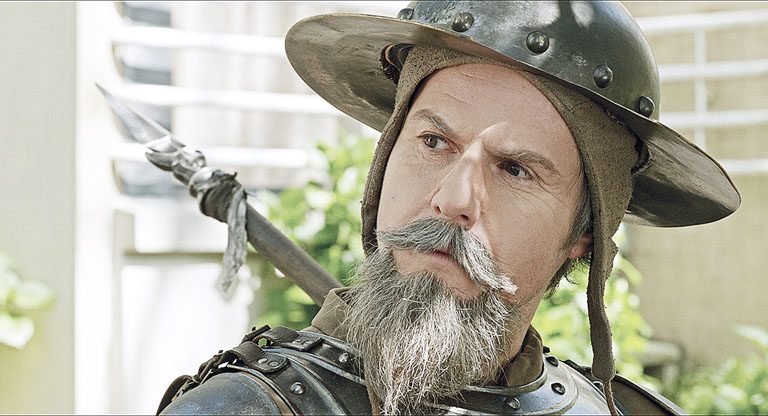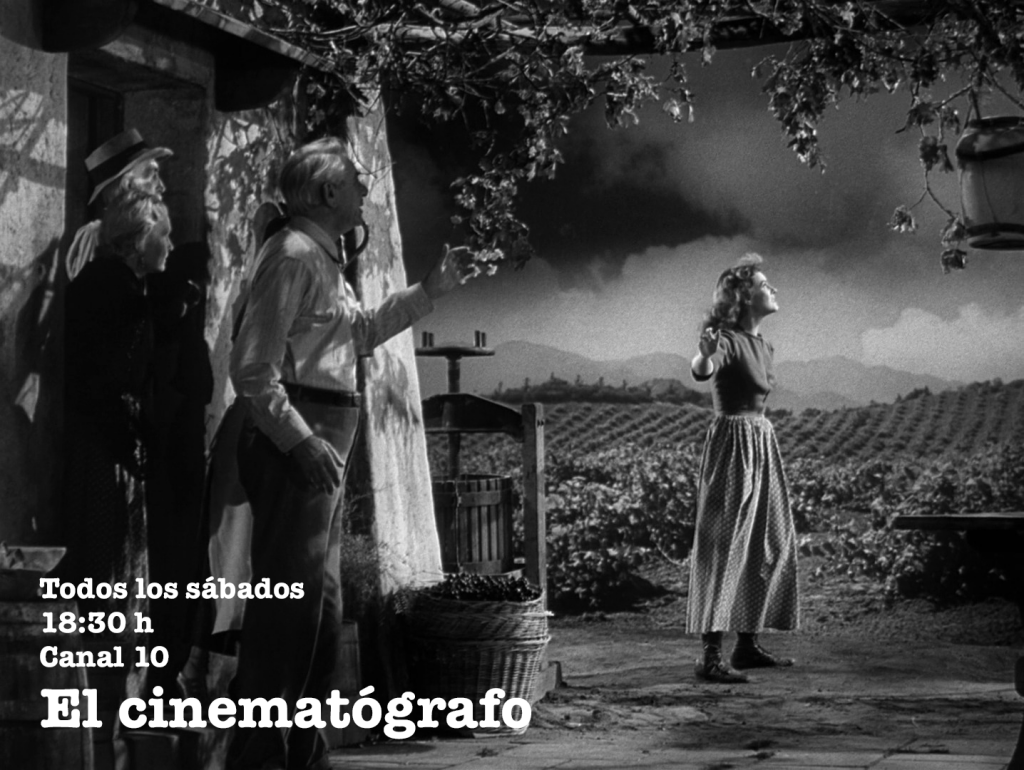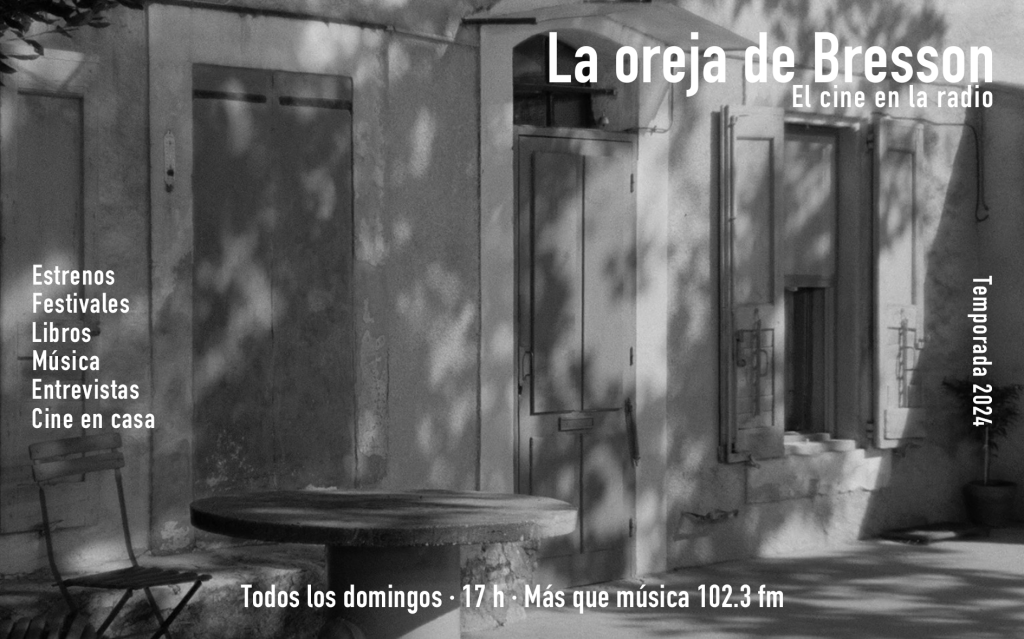
SHORT REVIEWS (18): ANCIENT SECRETS
O Velho do Restelo / The Old Man of Belem, Manoel De Oliveira, Portugal 2014
By Roger Koza
In his last public appearance, Serge Daney said: “Without a doubt, the greatest filmmaker in the present is Manoel de Oliveira… he is 85 years old. He will never be in the mainstream but he carries on with his cinema in a completely awesome way, deeply archaic and at the same time completely defiant.”
Daney could have never imagined his 1992 statement would remain true in 2015. After watching the almost-20 magical minutes of the latest film by the Lusitanian master, a vital rather than rhetorical question comes to mind: who will, in the near future, be able to associate cinema with the spiritual heritage of Western literary tradition? Who will keep on witnessing the relation of cinema and the drive towards civilization?
Four shots: the cover of a copy of Don Quixote with an illustration of this character engraved by Gustave Doré in the 18th century and a recurring and even dream-like film quotation: two sequences from Grigori Kozintsev’s Don Kikhot that work as a symbolical passage into the center of the scene: a mysterious reunion taking place in our times. Taking part in the reunion we have Don Quixote (or Cervantes, dressed as his character), Luís Vaz de Camões, Teixeira de Pascoaes and Camilo Castelo Branco —an exceptional literary quartet. From then on, the central topic will be the relation between defeat and victory although there will also be larger issues at stake, such as the relation between Hellenic and Latin-American culture, at times with theological and literary derivations. Some of the things said are that human soul was born with Don Quixote (and not with Shakespeare, however vexed Harold Bloom may feel), and that lyrical writing is like a garden and drama is like zoology. Also, dialogues establish a “dialogue” with —and function as a counterpoint for— sequences of old Oliveira’s films, Doré’s illustrations, and an enigmatic moment of Kozintsev’s Don Quixote.
This is a very personal film, a ludic and lucid elegy that puts cinema in an area where it stands on equal footing with canonical knowledge.
Roger Koza / Copyleft 2015
(English version Tiosha Bojorquez)





Últimos Comentarios